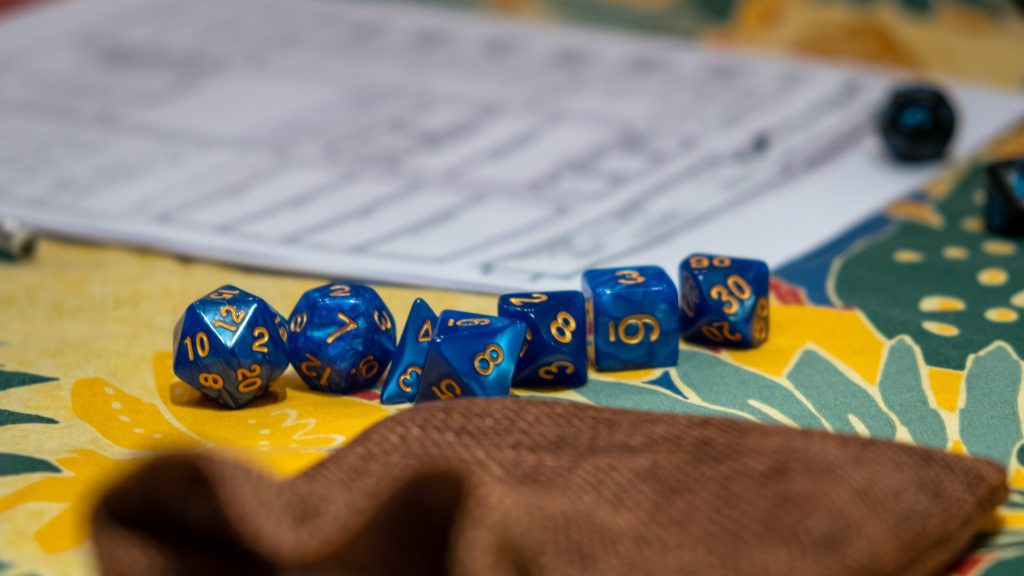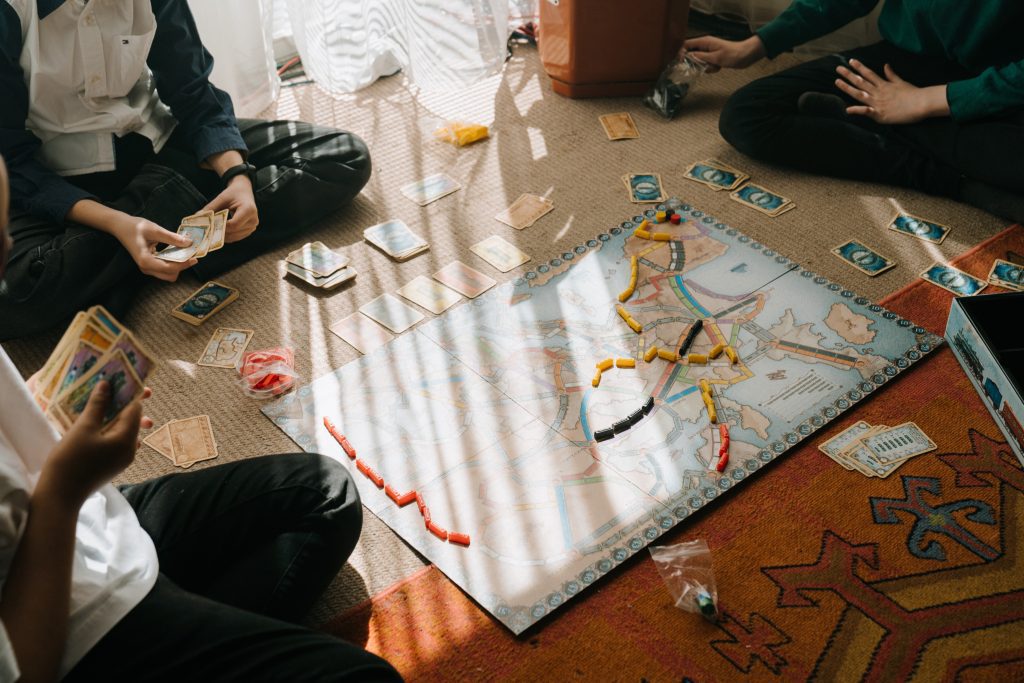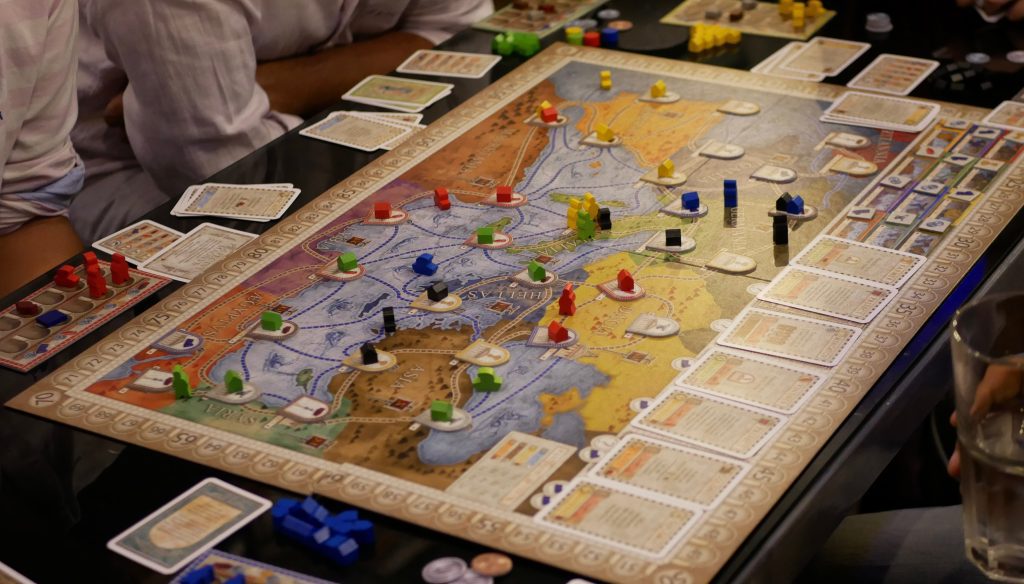Handling Player Departures In Dungeons & Dragons: A Guide For DMs
While a player’s departure can impact a campaign’s longevity, a well-prepared and emotionally stable DM can maintain the party’s momentum. A reliable playgroup for a Dungeons & Dragons campaign is essential to the game.

It can provide the foundation for some of the most memorable stories and experiences. However, maintaining the same group over an extended period can be challenging, and if a player decides to leave, the DM may need to adapt their plans to fill the gap.
Players may leave a campaign for various reasons, such as their character’s death, real-life commitments, or interpersonal conflicts. DMs must be prepared for potential departures to avoid disrupting the campaign’s story and gameplay.
It is essential to handle the situation effectively to prevent sabotaging the campaign. Determining whether a player leaving is temporary or permanent is vital for the game. Killing off their character may discourage temporary leaves, but making them NPC can help the remaining players.

DMs should avoid having personal issues even if a leaving player affects the game to prevent harming table morale.
DMs should handle a player’s departure swiftly and smoothly by having their character leave or be replaced by the DM. If they are central to the plot, consider separating them from the party by kidnapping or trial. Giving the character a proper sendoff helps the group cope with the loss of the player.
When a player leaves a campaign, it can affect the playgroup’s morale. DMs should understand they can’t please everyone but should consider complaints from leaving players. It’s essential to learn from any mistakes and prevent similar issues in the future. When the moderator removes a problematic player, DMs should reflect on what happened and prevent it in the future.

A DM needs to be emotionally mature and properly plan when a player leaves to avoid negative impacts on the remaining party and ruining the campaign. Balancing real-life and in-game stories can be challenging, but having a plan for an empty chair is vital for the long-term health of the campaign.
